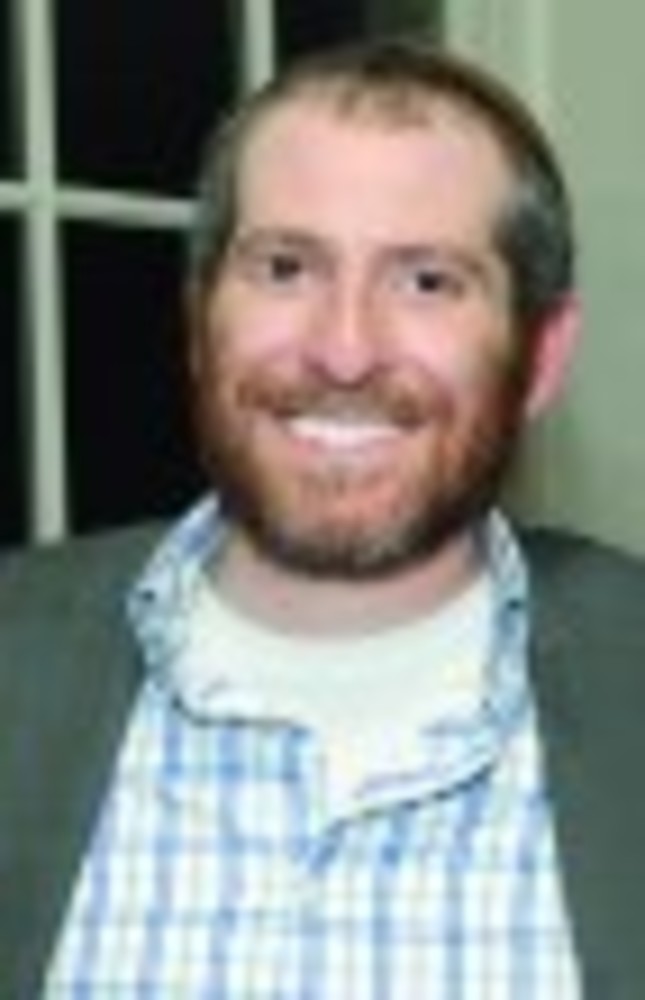Rabbi Mordechai Rackover reflects on Jewish engagement
 Q. How engaged did you find students in Jewish activities and practices?
Q. How engaged did you find students in Jewish activities and practices?
A. Definitely not all the Jewish students, but a lot of them were. I would tell people, I’m the rabbi for a small town of about 15,000 people (the total number of students and staff at Brown and RISD) with about 1,100 Jews, of which several hundred would regularly participate in something Jewish. Brown and RISD are amazing places with a lot to offer students, but plenty of Jews still wanted to be active in a Jewish context.
In terms of how they participated, it was similar to trends we’re seeing in general communities, just more so. Students don’t think in terms of denominations. Most of them are on individual spiritual paths, moving from one idea to another, which is especially easy to do in college where you’re surrounded by lots of ideas and people, Jewish or otherwise, with cogent opinions. They’ve embraced the wonderful democratization of knowledge that we have with the Internet. But the result is sometimes a lack of a sense of authority that could lead them to sustained learning and growth. It’s the usual college experience – only it seems to be more so these days.
Q. What does that mean for them when they settle down into general communities?
A. There’s a danger that they’ll never find a Jewish place to settle into. But the good news is that students are also enthusiastic about the startup culture we’re seeing in American society generally. They’re good at forming new groups or new mechanisms to bring Jews together and kindle their passions, and we tried to encourage that at Hillel.
I don’t want to make too much of this, because Brown, in particular, is probably on the far end of student entrepreneurialism among American colleges. But, students graduating from college nowadays will be a lot better at self-organizing and using the new technologies of connectivity than older generations.
So we have to hope that they’ll come up with new Jewish groupings that capture their attention long enough for them to settle down and really grow and mature as Jews. We actually need that innovation for everyone, not just for young people, because our communities are living with outdated institutions that need to adapt.
Q. As someone who’s lived here with a family, what’s your sense of the wider Rhode Island Jewish community?
A. Providence is not a big metropolitan area, so unlike New York or Washington, D. C., it doesn’t have a large pool of Jews to draw from. That makes it harder to create a critical mass for whatever new groups or institutions will emerge. On the plus side, Rhode Island has a good quality of life and seems to be becoming a hospitable place for startups of all kinds, in business and nonprofits. So even with the tough economy, my hope is that you may see more young people coming here. The more the existing institutions can promote experiments in Jewish groupings, the better.
Q. Any lessons from practices that worked well with students that might help us in the larger Jewish community?
A. College students are in perpetual try-out mode, so we had to make programs as accessible as possible. Free attracts people. Here in Rhode Island, we might consider giving people considering a move from out-of-state automatic free one-year membership in the JCC or a synagogue – a package of benefits for those who plan to move here and invest in our community longer term.
We had some success giving selected students a small stipend to participate in a study group of regular reading and discussion. We pitched it as an investment in their Jewish education and giving them a few hundred dollars a semester made it easier for them to take time from a campus job or other studies.
Stipends wouldn’t work in a general community, but that same kind of investment pitch, particularly for younger people, might catch on if it can be organized and made accessible.
JOHN LANDRY (jtlandry@verizon.net), a resident of Providence, is a member of The Voice & Herald’s editorial board.
BROWN RISD HILLEL: 863-2805 or brownrisdhillel.org.







